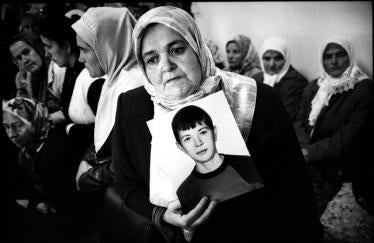Since 1984, the government of Turkey has waged an increasingly bitter war with insurgents of the Kurdistan Workers Party (PKK). To date, the toll is estimated at over 19,000 deaths, including some 2,000 death-squad killings of suspected PKK sympathizers, two million internally displaced, and more than 2,200 villages destroyed mostly by Turkish security forces. In an effort to root out PKK fighters and sympathizers from southeast Turkey, the government has adopted increasingly brutal counterinsurgency measures, in clear violation of international law. The PKK, for its part, has also systematically engaged in violations such as summary executions and indiscriminate fire.This report documents the Turkish security forces’ violations of human rights, and their reliance on U.S. and NATO-supplied weapons in doing so. Drawing on investigations of some 30 incidents that occurred between 1992 and 1995, the report links specific weapons systems to individual incidents of Turkish violations. Supplemented by interviews with former Turkish soldiers, U.S. officials and defense experts, the report concludes that U.S. weapons, as well as those supplied by other NATO members, are regularly used.


